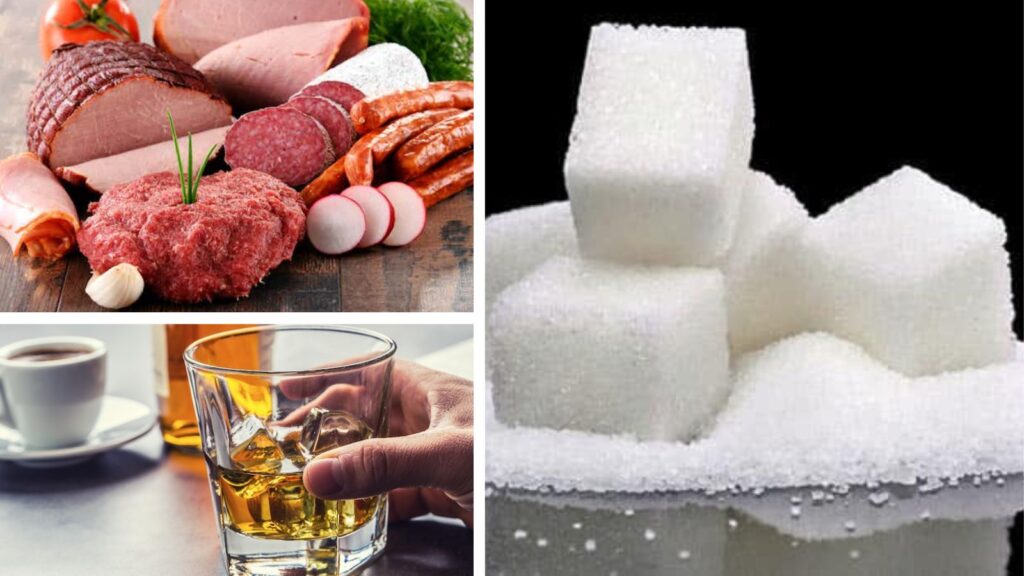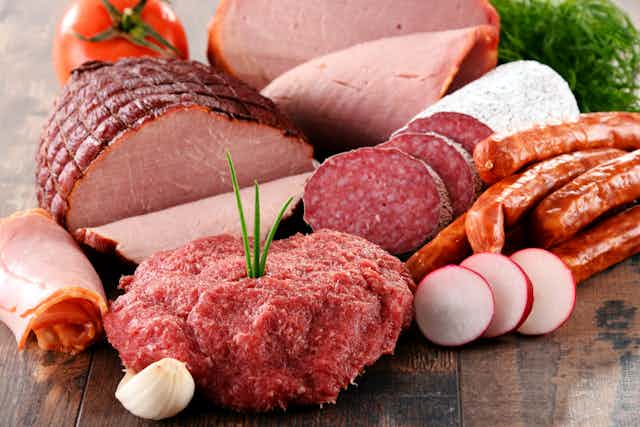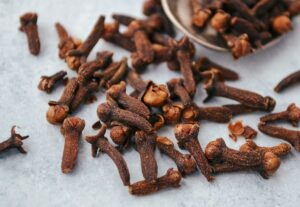5 Everyday Foods Men Over 50 Should Cut Back On to Help Lower Prostate Cancer Risk

5 Everyday Foods Men Over 50 Should Cut Back On to Help Lower Prostate Cancer Risk
As men step into their 50s, their health needs begin to shift—and one of the biggest concerns during this stage of life is prostate health. Prostate cancer ranks as the second most common cancer among men, just behind skin cancer. While it’s often slow-growing, some forms can be aggressive and life-threatening if not caught early. The prostate is a small but vital gland in the male reproductive system, and what you eat can play a surprising role in either protecting it—or putting it at risk.
Although factors like genetics and age are beyond our control, your diet is something you can manage. Recent studies suggest that certain foods may fuel inflammation, hormonal imbalances, and cellular changes linked to prostate cancer. Here’s a look at five common food types that men over 50 should consider limiting—or avoiding—to protect their prostate and promote overall well-being.
1. Red and Processed Meats

Steaks, burgers, sausages, hot dogs, bacon—if your diet leans heavily on red or processed meats, it might be time to rethink your plate. Research shows that these meats, especially when grilled, charred, or cooked at very high temperatures, can form harmful compounds known as heterocyclic amines (HCAs). These chemicals have been linked to an increased risk of cancer, including prostate cancer. While you don’t have to give up meat entirely, try keeping red meat consumption to a minimum—say, once or twice a month—and stick to gentler cooking methods like baking or stewing instead of deep-frying or barbecuing.
2. Full-Fat Dairy Products
A tall glass of whole milk or a generous portion of creamy cheese may sound comforting, but too much full-fat dairy isn’t ideal for men concerned about prostate cancer. High-fat dairy items such as butter, cream, whole milk, and full-fat yogurt have been associated with a greater risk of aggressive prostate cancer. These products can contain saturated fats and hormones that may contribute to inflammation or abnormal cell growth. For a healthier swap, consider plant-based options like almond, soy, or oat milk—or go for the low-fat or fat-free versions of your favorite dairy staples.

3. Foods High in Saturated and Trans Fats
Packaged snacks, fast food, frozen meals, and baked goods like cookies and pastries often hide a double threat: saturated fats and trans fats. These fats not only raise bad cholesterol but also increase inflammation—conditions that can potentially feed the growth of cancer cells, including in the prostate. It’s time to clean out the pantry. Replace these fats with heart-healthy alternatives like olive oil, nuts, seeds, avocado, and fatty fish like salmon or mackerel, which are rich in omega-3 fatty acids. Even if you use traditional fats like ghee, be mindful of the quantity.
4. Sugary Foods and Drinks

Sugar might taste sweet, but its impact on your health can be anything but. Regular consumption of sugary sodas, sweets, desserts, and processed snacks is linked to weight gain and increased body fat—both of which are risk factors for prostate cancer. Obesity can throw off hormone levels and trigger chronic inflammation, which may help cancer thrive. Instead of sugary juices or candies, satisfy your sweet tooth with fresh fruits. Whole foods that are rich in fiber also help manage blood sugar and support overall metabolic health.
5. Alcohol

Even though a glass of wine or a beer might seem harmless, excessive drinking could do more harm than good. Alcohol has been tied to increased risks for several cancers, including prostate cancer. It can affect your immune response, mess with hormone levels, and lead to inflammation. If you do drink, try to limit yourself to moderate levels—meaning up to one drink per day—and consider cutting back further or quitting altogether for optimal health.
Understanding Prostate Cancer
The prostate is a walnut-sized gland located just below the bladder and in front of the rectum. It plays a key role in male fertility by producing seminal fluid. Prostate cancer occurs when cells in the gland begin to grow uncontrollably. While some forms remain slow-growing and manageable, others can spread quickly to bones and lymph nodes, making early detection crucial.
What to Watch Out For
In its early stages, prostate cancer often has no symptoms, which is why regular check-ups and screening are important. As the disease progresses, men might notice symptoms like:
- Frequent urination, especially at night
- Trouble starting or stopping urination
- Weak or interrupted urine flow
- Pain or burning during urination or ejaculation
- Blood in urine or semen
- Persistent pain in the lower back, hips, or pelvis
- If any of these signs sound familiar, don’t ignore them—consult a healthcare provider promptly.
Taking care of your prostate doesn’t mean making drastic life changes overnight. But being more mindful of what you eat—especially after 50—can go a long way in reducing your cancer risk. Small adjustments like cutting down on processed meats, swapping in healthier fats, and avoiding excess sugar or alcohol can make a big difference over time. Combine these dietary changes with regular exercise, routine health check-ups, and a balanced lifestyle for the best chance at maintaining long-term prostate health.
Remember, early action is always better than late regret. If something feels off, talk to your doctor.












